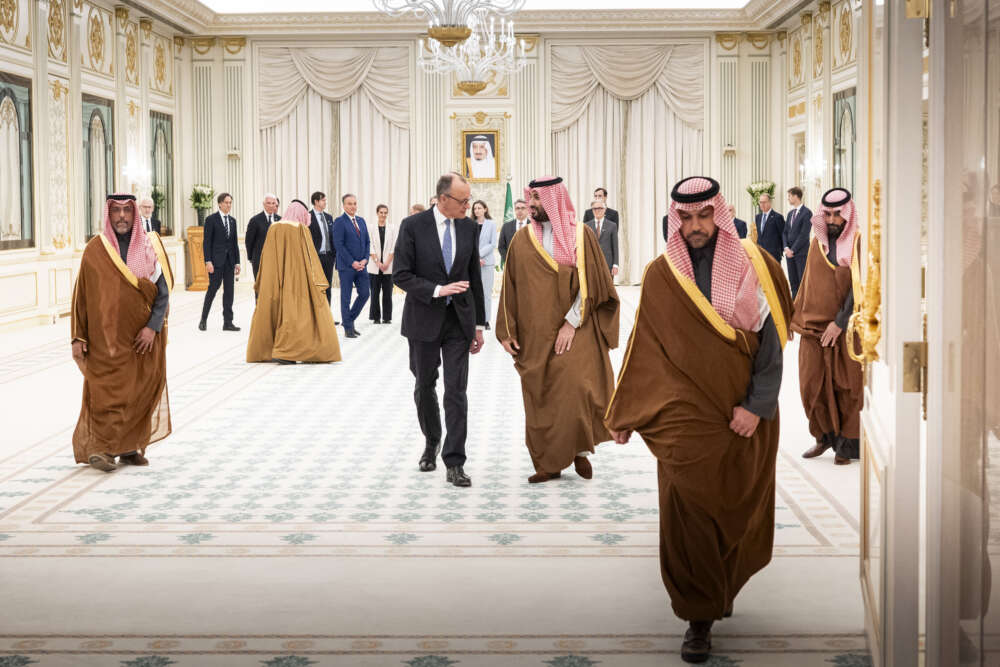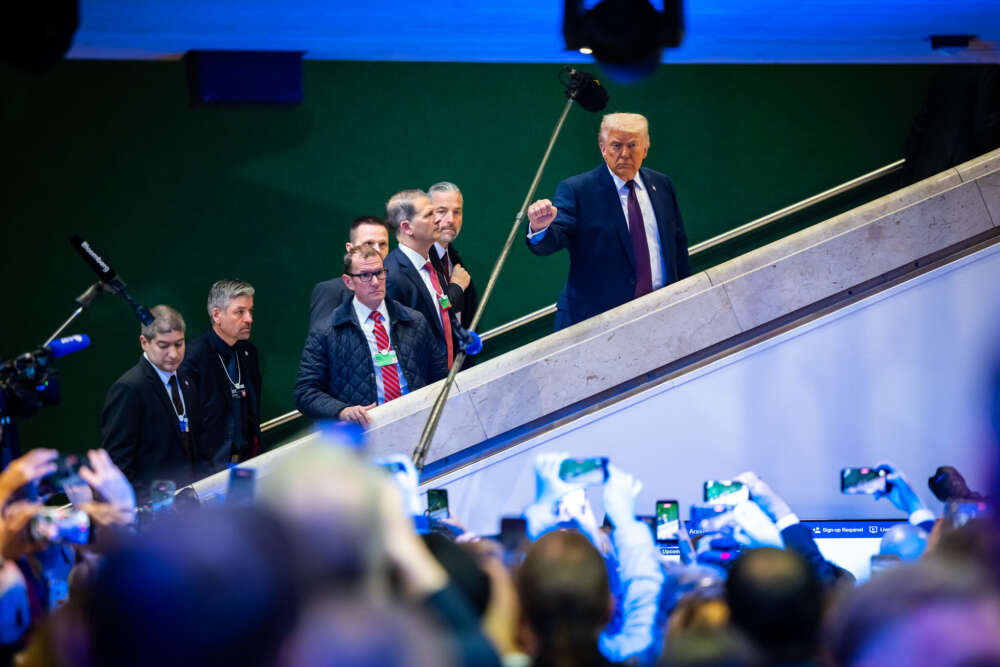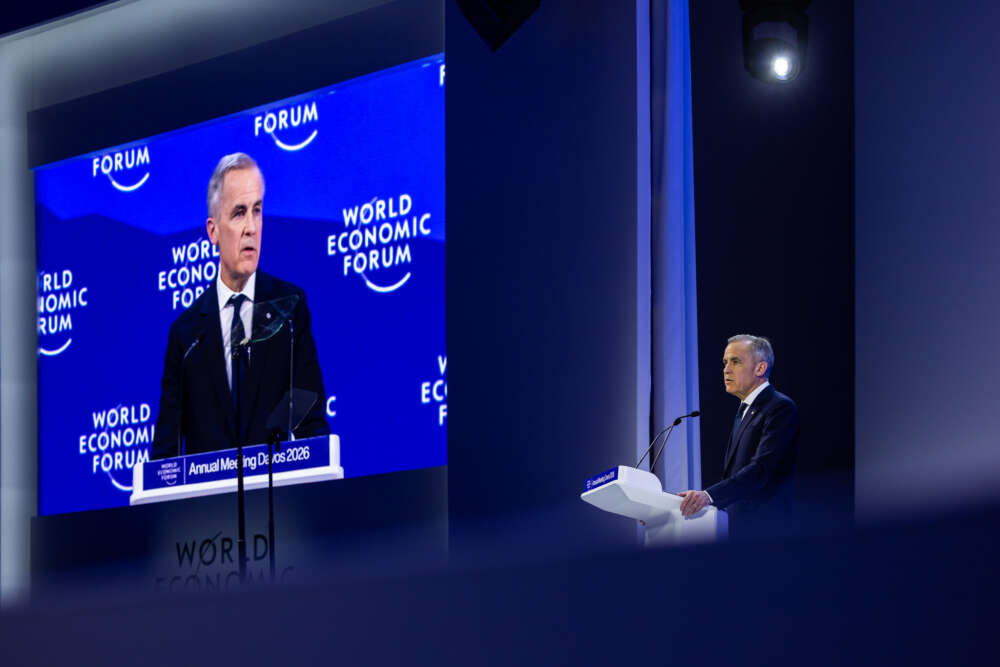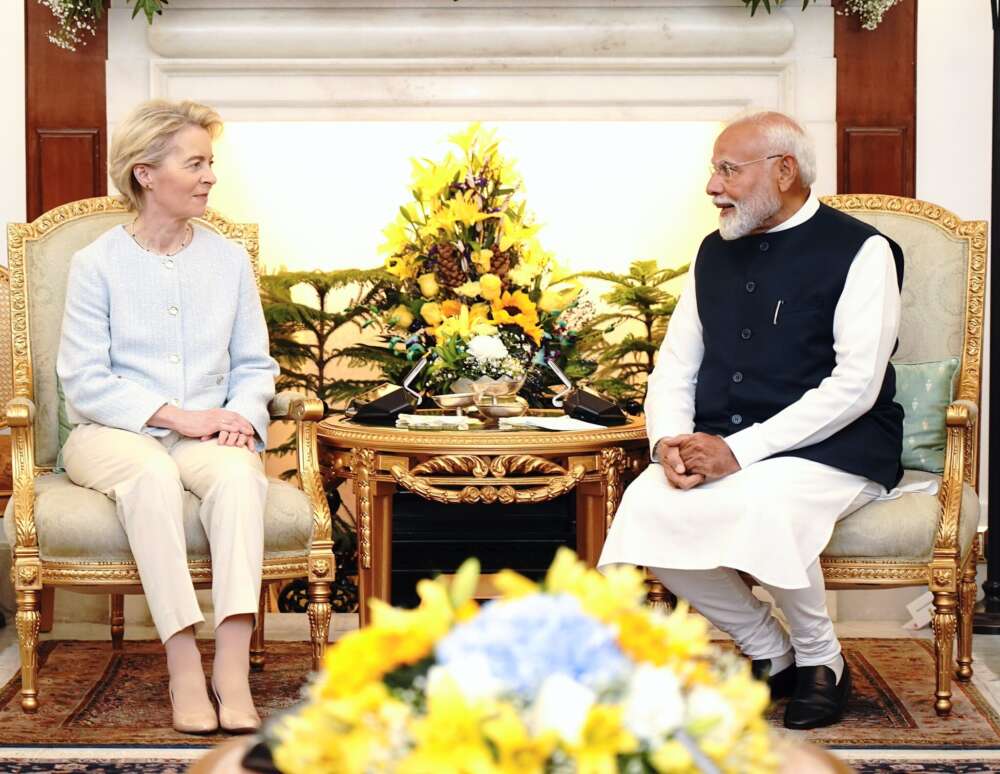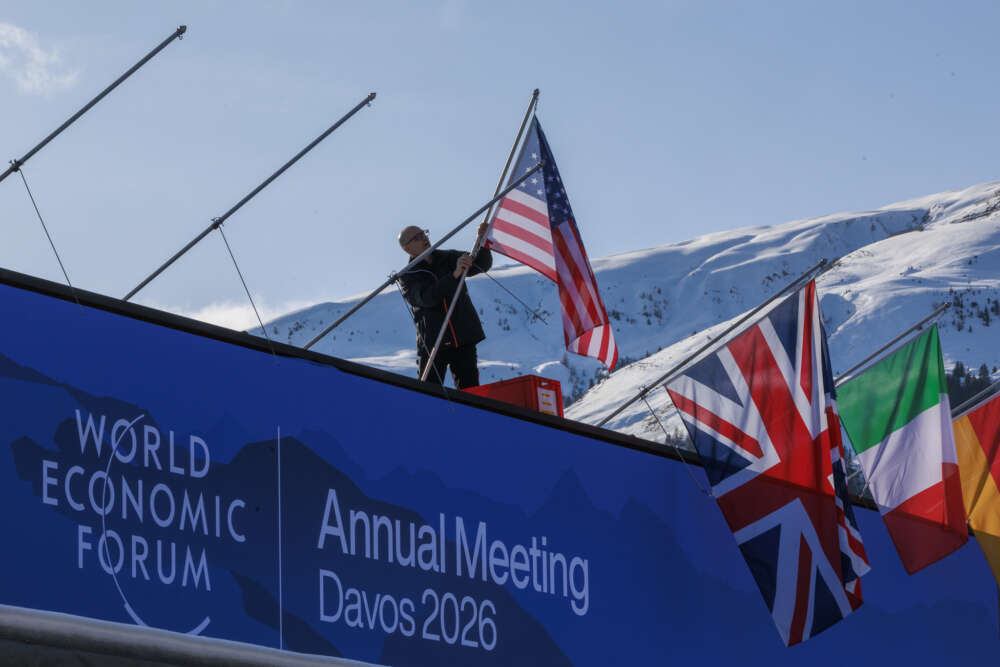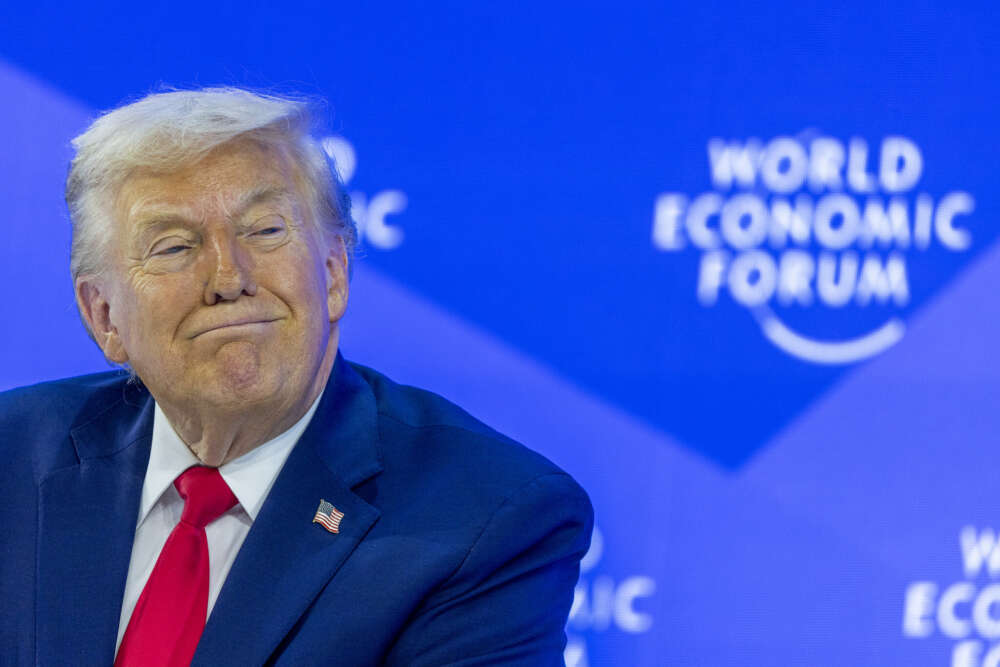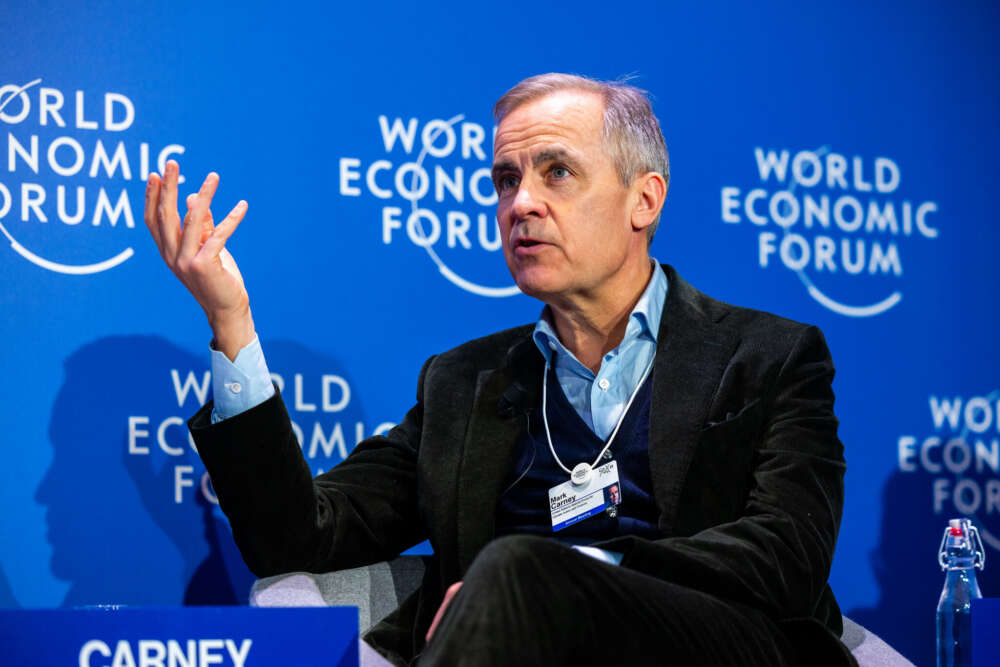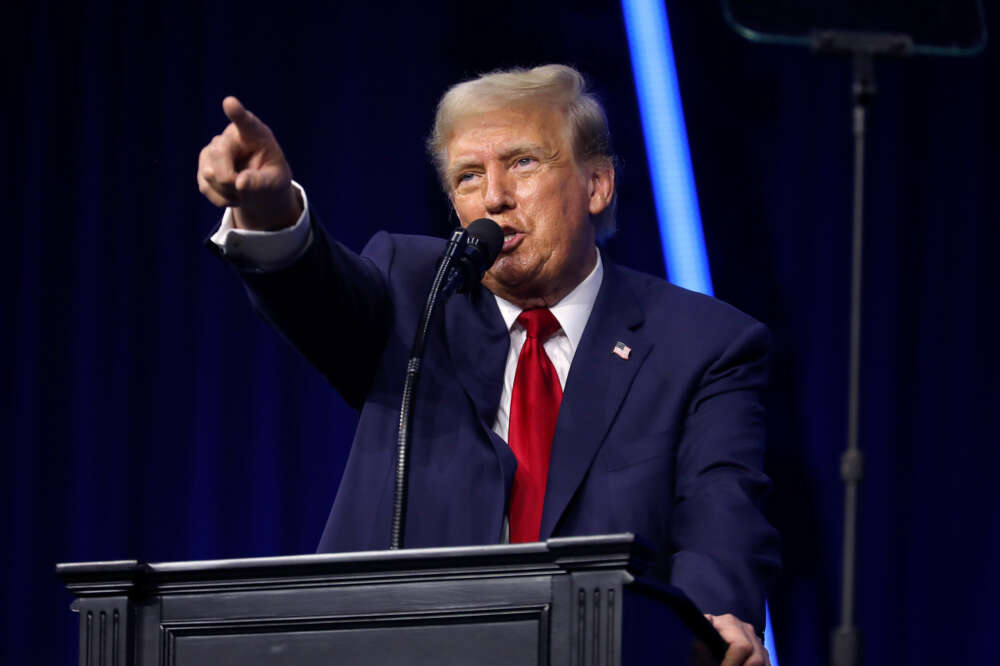Welcome to the Messy World of Multi-Alignment
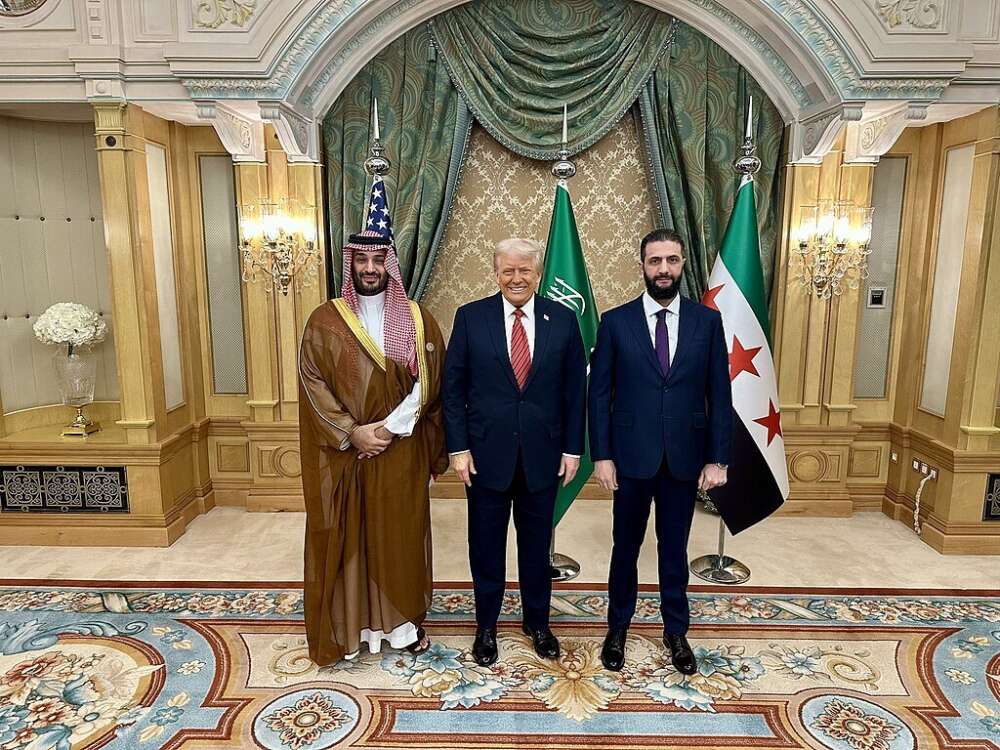
In mid-November, German Minister of Economic Affairs Katherina Reiche will travel to Saudi Arabia. There, she can closely observe the direction in which global politics is currently moving. We are not heading toward a neatly divided world of a new Cold War between the USA and China, where all countries align with one camp or the other. Instead, many states are pursuing a strategy of multi-alignment. Saudi Arabia is a striking example of this.
As recently as March, Saudi Crown Prince Mohammed bin Salman courted U.S. President Donald Trump in Riyadh. He announced record investments in the United States and signed a weapons deal worth 142 billion US dollars. At the same time, however, Saudi Arabia is considering whether to accept the invitation to join the BRICS group, which is dominated by China. Most significantly, though, Saudi Arabia signed a defense pact with the nuclear power Pakistan in mid-September.
This is, above all, a vote of no confidence in Washington. For a long time, Riyadh relied on its military partnership with the U.S. and had sought formal U.S. security guarantees. But doubts about the reliability of the U.S. began to grow as early as 2019, during Trump’s first term, when Washington responded only half-heartedly to the massive attacks on Saudi oil facilities — an act attributed to Iran.
Trump’s successor, Joe Biden, initially gave Saudi Arabia the cold shoulder because of the murder of US permanent resident Jamal Khashoggi in the Saudi consulate in Istanbul. The virtually unconditional support shown by both Biden and Trump for Israeli Prime Minister Netanyahu’s military actions in the region further intensified Riyadh’s concerns. Trump allowed Israel’s direct attack on Qatar, a close U.S. ally, to pass without consequences for Netanyahu — even though a major U.S. military base is located there.
Riyadh’s conclusion is clear: U.S. allies cannot count on reliable protection. The agreement with Pakistan had been in the works for some time, but the fact that it was announced shortly after Israel violated Qatari sovereignty is likely not a coincidence. By doing so, Riyadh —increasingly worried about nuclear-armed Israel and potentially nuclear-armed Iran — is effectively bringing Pakistan squarely into its corner.
According to U.S. journalist Bob Woodward, bin Salman told U.S. Senator Lindsey Graham that, if necessary, he could simply buy a Saudi atomic bomb from Pakistan. This illustrates a larger point: the declining credibility of U.S. security guarantees could accelerate nuclear proliferation.
Moreover, the pact also strengthens China’s military access to Saudi Arabia. Pakistan is by far the most important customer of China’s arms industry. Military integration between Islamabad and Beijing runs deep — as was evident, much to Delhi’s dismay, in the most recent war between India and Pakistan.
India, which has positioned itself as a pioneer of the multi-alignment strategy, had in recent years heavily invested in deepening ties with Saudi Arabia. Yet Riyadh’s move to forge closer ties with India’s archrival shows that multi-alignment can easily become a game full of unpleasant surprises, especially as more countries adopt the strategy.
One thing is becoming increasingly clear: Trump has no interest in building a U.S.-led camp in the global competition with Beijing. Instead, he is undermining America’s greatest asset: its alliances. The more Trump swings the wrecking ball at international institutions shaped by the U.S. (as he did this week at the UN General Assembly), the more room China has to promote its own framework for a Sino-centric world order.
The recent Shanghai Cooperation Organization (SCO) summit in Tianjin and Xi Jinping’s announcement there of a “Global Governance Initiative” are just one example of this.
Meanwhile, Germany and Europe must fight to preserve their ability to act in an increasingly inhospitable world by diversifying their partnerships. We should not be overly impressed by Trump’s recent change of tone vis-à-vis Moscow in New York. No reliable support for Ukraine or Europe can be inferred from that. After calling on NATO allies to shoot down Russian planes he was asked whether they could then count on US support. “Depends on the circumstance” was his non-committal answer. And on Ukraine and Russia, Trump’s key statement was:
“In any event, I wish both countries well… Good luck to all.“
We’ll need it.
This piece was originally published by Agenda Publica on September 30, 2025.
